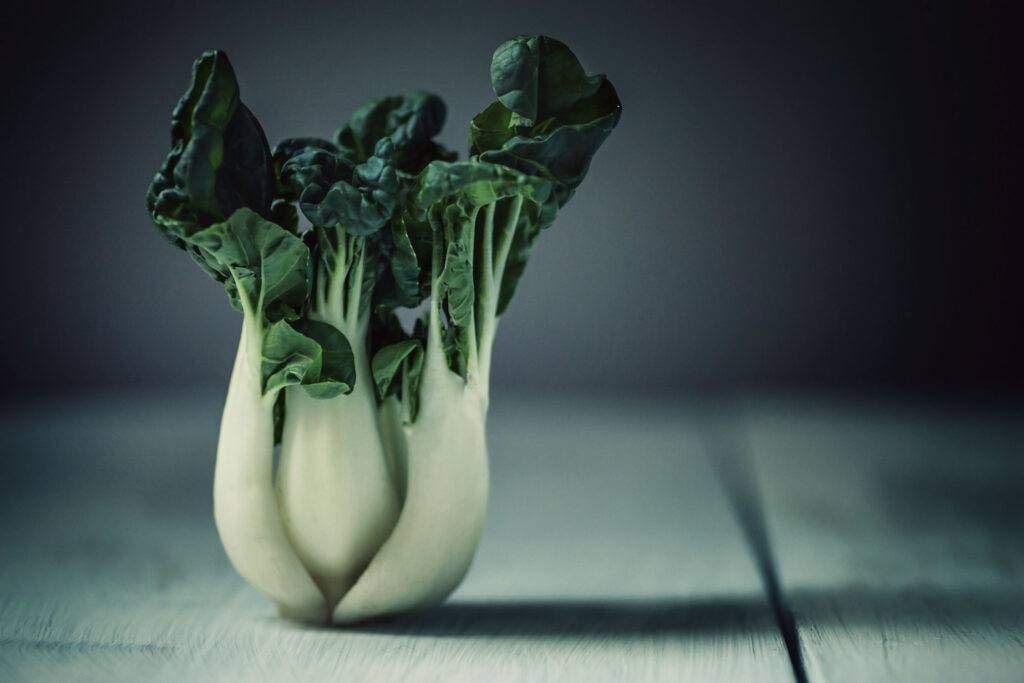Advertisement
Antioxidants—What’s the Buzz?
Here’s what you need to know

Antioxidant. You’ve heard the word countless times. But if a time traveller from the past were to tap you on the shoulder in the grocery store and ask you to explain the word on a food label, how far would you get in defining it?
Advertisement
Anti-what?
Though it’s on labels for everything from chocolate bars to facial serums, many of us have a limited understanding of the role these super fighters play in keeping us healthy. Let’s start at the beginning.
What does the word antioxidant mean?
Anti means to oppose, to prevent, or to fight against.
Oxidant, or oxidizing agent, is something that creates oxidation of molecules in our bodies which can create cellular byproducts like free radicals.
And what exactly are free radicals?
Free radicals are continually generated in our bodies as byproducts of our normal, healthy metabolic activities like digesting foods into energy and exercising. They’re also generated in response to exposure to environmental sources like cigarette smoke, air pollution, and sunlight.
Free radicals have an uneven number of electrons, a condition that makes them unstable. In their quest to stabilize themselves, they grab electrons from other nearby molecules. As free radicals take electrons from other molecules, altering their structure or function, the molecules become unstable; this can lead to oxidative stress. (Free radicals can also be beneficial, helping to kill germs and helping hormones and chemical messengers communicate with cells.)
What does oxidative stress do?
When free radicals create oxidative stress, cell and tissue damage can result, which, if widespread enough, can lead to disease. It may play a role in a variety of diseases including cancer, cardiovascular diseases, diabetes, Alzheimer’s disease, Parkinson’s disease, and eye diseases like cataracts and age-related macular degeneration.
Antioxidants “donate” electrons
Antioxidants work by donating electrons to free radicals, stabilizing them and halting their destructive potential. Antioxidants, individually unique in terms of chemical behaviours and biological properties, work together to complement one another so they can remain stable and continue to control free-radical production.
Advertisement
Antioxidants and cancer
Antioxidants are often promoted for the prevention of chronic diseases, including cancer. The US-based National Cancer Institute (NCI) has recognized the importance of antioxidants in the prevention of cancers, but it emphasizes the need for further research when it comes to specific antioxidant supplementation.
The NCI states that cancer is associated with free-radical damage and that antioxidants have an important role in their ability to prevent free-radical damage in the body. However, research findings in human trials of antioxidant supplements in cancer prevention are conflicting and ongoing, with many questions still to be answered.
For this reason, it’s important to focus on good nutrition and to emphasize intake of a wide range of antioxidant-rich foods, which may contain additional cancer-preventing nutrient combinations that may prove, in future research, to be effective.
Food-based antioxidants: where to look
To increase the antioxidant content of your diet, reach for a variety of brightly coloured fruits and vegetables. Foods such as leafy greens, beets, carrots, and berries are rich in antioxidants—as well as other health-promoting nutrients.
| Antioxidant | Where you can find them |
| beta carotene | carrots, spinach, lettuce, tomatoes, sweet potatoes, broccoli, cantaloupe, and winter squash (the more intense the colour, the more beta carotene is in the fruit or vegetable) |
| lutein | broccoli, spinach, kale, corn, orange pepper, kiwis, grapes, orange juice, zucchini, squash |
| lycopene | tomatoes (and tomato products like ketchup, tomato juice, sauce), watermelons, red oranges, pink grapefruits, apricots, rosehips, guavas |
| vitamin A | salmon, dairy products, green leafy vegetables, other green, orange, and yellow vegetables (broccoli, carrots, squash), fruits (cantaloupe, apricots, mangos) |
| vitamin C | bell peppers, broccoli, baked potatoes, kiwis, citrus fruits, guava, papaya, berries, tomatoes (most fruit and greens are a decent source of vitamin C) |
| vitamin E | wheat germ oil, nuts and seeds (almonds, hazelnuts, sunflower seeds, flaxseeds, spinach, broccoli |
| selenium | Brazil nuts, other nuts, oysters, cod, tuna, poultry, eggs, sunflower seeds, chia seeds, couscous, yogurt |
| zinc | oysters, poultry, seafood (crab, lobsters), beans, nuts (cashews, almonds), whole grains, dairy products (yogurt) |
Antioxidant supplements: what to look for
Because antioxidants work together and support one another in the body, and our foods generally contain a mix of different antioxidants, look for this in your supplements as well. You can also look for products containing antioxidants that have been associated with the health benefits that are most relevant to you.
| Supplement | Health benefits |
| coenzyme Q10 (CoQ10) | cardiovascular support |
| Pycnogenol | support for diabetes-related ulcers, chronic venous insufficiency, and microangiopathy |
| vitamin C | immune support |
| lycopene | prostate and lung health |
| lutein | vision and eye health |
| green tea | cardiovascular health, skin, anticancer support |
Topical use of antioxidants
As we said, antioxidants are finding their way into consumer goods from chocolate bars to facial serums—and for good reason. Research has shown that topical antioxidants and/or antioxidant-rich plant extracts may benefit skin health and appearance.
- Vitamin C creams can help improve the appearance of photo-aged skin by repairing some of the damage caused on those days you forgot to top up your sunscreen.
- Alpha-lipoic acid, a water- and fat-soluble antioxidant , is another good candidate for reducing the effects of sun damage on the skin.
- Green tea extract may help in the treatment of mild to moderate acne.





